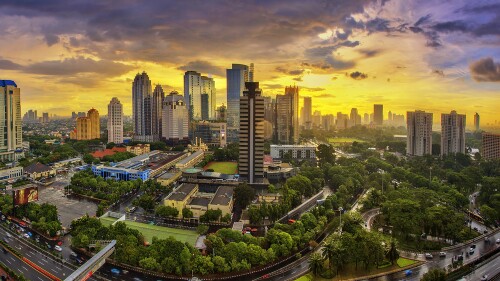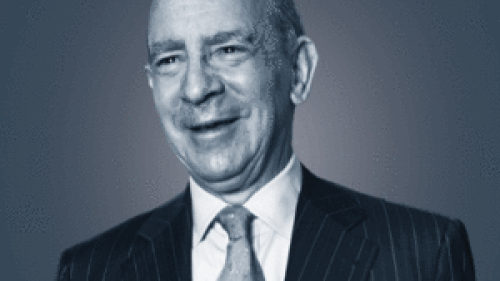In the last year, Canada has undergone a major economic shift and its impact is being felt in the country’s real estate market, with certain local markets seeing a reversal of fortunes while others continue to boom.
With the country’s economy contracting and the Canadian dollar hitting an 11-year low in September, the effects of Canada’s changing economic circumstances were a major theme during a recent panel discussion in Toronto focused on the annual Emerging Trends in Real Estate report published by ULI and PwC.
Related: Emerging Trends in Real Estate
Oil price declines, housing affordability concerns, and retail prospects were among the major topics covered by panelists, who included Andrew Warren, PwC director of research; Blake Hutcheson, Oxford Properties president and chief executive officer; and Ben Myers, Fortress Real Developments senior vice president for market research and analytics. Lori-Ann Beausoleil, national real estate consulting and deals leader at PwC, moderated the panel.
Calgary and Edmonton in the western province of Alberta, which were identified in last year’s report as the number-one and number-two “markets to watch” for overall real estate prospects, fell significantly in this year’s report, as their economies continued to suffer from oil price declines. Calgary fell to number nine while Edmonton dropped to number seven. Vancouver and Toronto, however, rose to claim the top rankings, placing at number one and two, respectively.
“When a major sector of your economy takes a hit like oil has done, you’re going to see a little hesitation in terms of investment outlook,” Warren said. He also noted that Vancouver and Toronto are more economically diversified and better positioned to take advantage of exports to the United States and Europe.
The forecast for net migration is also strong for Toronto and Vancouver, with the cities set to see the first- and third-highest levels of international migration among Canadian cities between 2015 and 2019.
Indeed, while the major Alberta markets slowed, Toronto and Vancouver have shown strong economic growth. According to the report, Toronto’s economy achieved the strongest economic growth in four years in 2014 at 2.9 percent, and numbers for 2015 and 2016 are expected to be even stronger. The report notes that key drivers will include “manufacturing, transportation and warehousing, as well as trade and business services.” The disparity between the U.S. and Canadian dollars will play a positive role in spurring economic activity. Vancouver, ranked in the survey as the top investment, development, and housing market in Canada, saw economic growth hit a peak in 2014, but it is expected to remain strong in 2015 and 2016.
While the outlook for Toronto and Vancouver was positive, housing affordability was flagged as a growing concern.
Myers described an “expectations issue” in the Toronto market. As more people look to Toronto, not everyone is going to get to live in the neighborhood he or she wants.
“It’s gone from being a Lexus to a Lamborghini,” said Myers. “It doesn’t matter how hard you work, the average family is never going to be able to afford a Lamborghini.” In this respect, he said, Toronto is going the way of London, Paris, and Hong Kong.
The outlook for the retail sector of Canada’s real estate market includes challenges for some property owners as well, such as the continuous competitive threat posed by online shopping and recent retail departures and chain closures.
However, Hutcheson of Oxford Properties said that asset holders are adjusting to consumers’ changing preferences. “I just think that the retail experience is more about the experience. You can’t get a haircut online; you can’t have fine dining online; you can’t hang out with your friends and have a good time online,” he said.
“The people [who] are coming to our assets want an experience, and we are increasingly investing money to get them there as a competitive advantage.”






